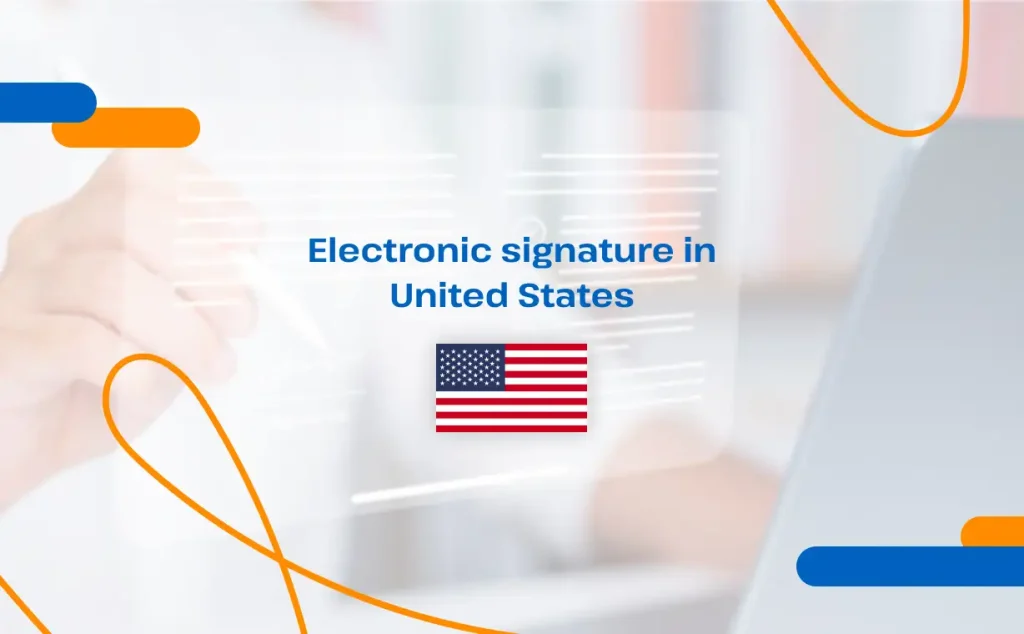 Updated in November 2023
Updated in November 2023
Electronic signature types with Viafirma
The electronic signature must guarantee the authenticity, confidentiality and integrity of the signed message or document. For this purpose, different authentication methods or factors or identity data are used. The main types are:
- Digital signature: It is a numerical value that is added to a message or document and guarantees its integrity and authenticity by means of asymmetric cryptography and a digital certificate.
- Electronic signature: Any method that makes it possible to identify a person in relation to a message or document.
- Certified electronic signature: Any method of electronic signature made with identity factors or data, which includes a digital certificate to guarantee its security and integrity.
Electronic signature legislation in the United States
Electronic signatures in the United States became legal in 2000 through legislation known as the Electronic Signatures in Global and National Commerce Act (ESIGN) and the Uniform Electronic Transactions Act (UETA).
In the Anglo-Saxon world, a distinction is made between electronic signature and digital signature. Although both are valid, they are distinct concepts. An electronic signature is “an electronic sound, symbol or process attached to or logically associated with a record and executed or adopted by a person”. In other words, it is similar to the simple electronic signature of theDAS: after clicking on an acceptance clause, the signature is represented by simple means (mouse, finger on screen…). A digital signature, on the other hand, is a signature made by means of a digital certificate.
Therefore, U.S. legislation is more lax and permissive with the application of electronic signatures than European legislation.
What are the requirements for electronic signatures in the United States?
In general, American law states that signatures will not be denied legal effect simply because they are based on an electronic/digital format, but it is essential to have the consent of all parties in order to carry out the process electronically.
In addition to the consent of all parties, the following requirements must be met:
- Have obtained a copy of the “UETA Consumer Consent Disclosures”.
- Have knowingly expressed acceptance of the use of electronic records in all transactions in which you participate.
- Not having previously revoked consent to conduct transactions electronically.
- To have linked an electronic signature to the corresponding registry.
Exceptions in which electronic signatures are not allowed
In the following situations, the documentation must be signed in person:
- The creation and execution of wills.
- Areas related to family law, such as adoptions and divorces.
- Documents related to the Uniform Commercial Code.
- Court documents.
Transactions made with an electronic signature must be recorded. There are two options for this:
- A history describing how the signature was generated.
- The electronic signature software must produce a statement in text or graphic format, to be attached to the signed record, evidencing that the transaction was carried out with an electronic signature.
Once made, this record must be accurately preserved, serving as a reliable reference for anyone authorized to maintain such records.
Status of electronic signatures in the United States
To date, 47 of the 50 U.S. states have adopted UETA as the legal framework for regulating electronic signatures and it remains applicable where it does not conflict with ESIGN. However, 3 of these states (Illinois, New York and Washington) operate under alternative regulations.

Viafirma’s electronic signature solution
If you are looking for a document signature solution in the United States, Viafirma has the solution that adapts to your needs. Contact us and we will inform you about our products and electronic signature solutions.